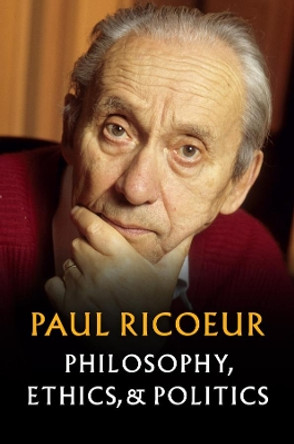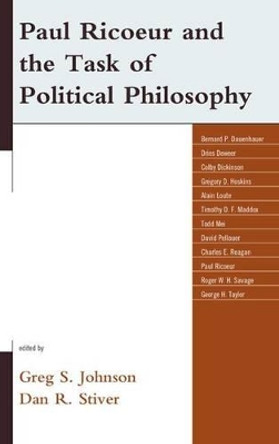Description
How can the philosopher speak about politics without claiming superior insight or a higher order of knowledge? Ricoeur distinguishes three levels of society: 'tools' (modes of production and the accumulation of technology), 'institutions' (which are tied to national cultures) and 'values' (which claim to be universal). The philosopher's task is to probe each of these levels and open up spaces for reflection, criticism and democratic deliberation. It is to explore the paradoxes of the political rather than invoking certainties dictated by conscience. Just as there no longer exists a grand narrative about the past, so too there is no longer any utopia capable of projecting the desired future. What remains is human creativity, which marks the source common to the institutional frameworks that are already present and the horizons that extend beyond them. The philosopher's engagement lies in the promise to revive this source at the very moment it appears to dry up under the weight of the real.
This volume of interviews and dialogues with one of the most important French philosophers of the post-war period will be of interest to anyone interested in the great political and ethical questions of our time.
About the Author
Paul Ricoeur (1913-2005) is widely recognized as one of the most distinguished philosophers of the twentieth century. He taught for many years at the University of Chicago. His many works include Freud and Philosophy, Time and Narrative and Oneself as Another.
Book Information
ISBN 9781509534500
Author Paul Ricoeur
Format Hardback
Page Count 190
Imprint Polity Press
Publisher John Wiley and Sons Ltd
Weight(grams) 408g
Dimensions(mm) 236mm * 160mm * 23mm







